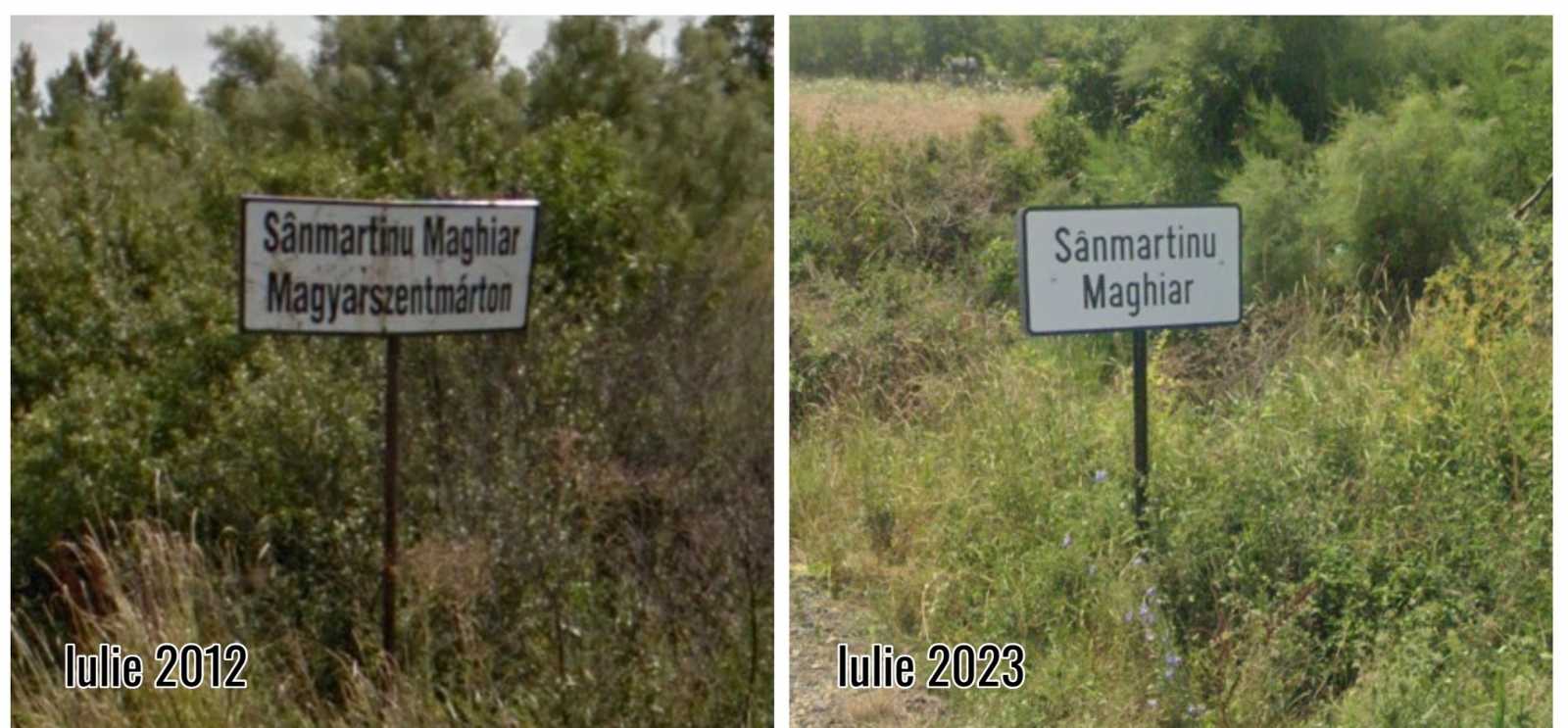
Local Facebook page Banatul de altădată called on authorities to restore Hungarian and Serbian names alongside the Romanian ones, citing the region’s multi-ethnic heritage.Continue reading

There has been no progress in enforcing the rights of national minorities in Europe. Today, we must fight to prevent further erosion of the rights acquired in the 1990s, said Ferenc Kalmár, Ministerial Special Representative for the Development of Hungary’s Neighborhood Policy, at a panel discussion on Thursday at the 34th Bálványos Summer University.
At the event entitled “Our Linguistic Rights and Restitution Issues – Where Do We Stand Today?”, the special ministerial envoy recalled that one of the conditions for Hungary’s accession to the European Union was that it conclude basic agreements with neighboring states with significant Hungarian communities. Each of these treaties entrusted the handling of minority issues to intergovernmental joint committees on minorities that meet annually, but the last plenary meeting of the Hungarian-Romanian and Hungarian-Ukrainian joint committees, for example, took place in 2011.
In 2014, the Council of Europe’s Parliamentary Assembly adopted a report entitled “The situation and rights of national minorities in Europe,” compiled by Ferenc Kalmár, which also calls for the collective rights of national communities to be guaranteed, the ministerial envoy recalled.
In his view, the European Union should adopt binding framework regulations for its Member States to enforce the rights of national minorities, but the EU does not want to deal with this, as it made clear by dismissing the European citizens’ initiative Minority SafePack.
In Europe, minority rights are regulated by a framework convention and a language charter adopted by the Parliamentary Assembly of the Council of Europe (PACE), but there are problems with compliance with international conventions adopted in the 1990s, which can be classified as “soft law.”

Ferenc Kalmár. Photo: MTI/Veres Nándor
Kalmár emphasized that with regard to language rights, the possibility of using one’s mother tongue in an official capacity is an important tool for preventing language decline. In the case of Hungarian communities living in minority situations in foreign territories, no one is calling for Hungarian to be made an official language at the national level, as Finland did for the Swedish minority, but it is a legitimate expectation that Hungarian be recognized as an official language in those areas where Hungarians are in the majority.
He mentioned that in Slovenia, minority languages are recognized as official languages not only at the regional level but also at the municipal level; for example, Hungarian is an official language in the mayor’s office in Lendava.
Via MTI; Featured photo: Pixabay